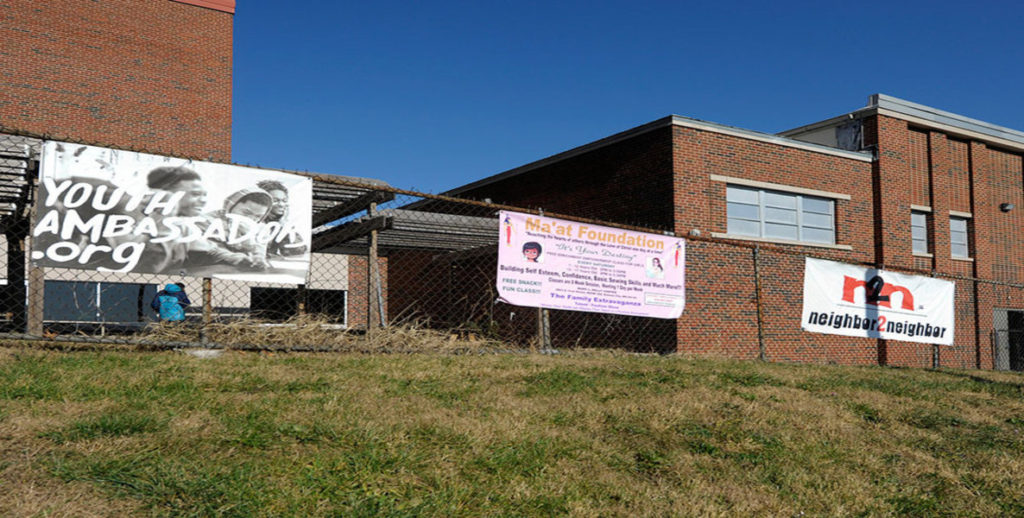Kansas City, Missouri and Chicago have similar school districts, with similar problems like underfunding and a history of racial segregation. Both cities have found ways of repurposing their closed school buildings to strengthen their districts. At first, Chicago turned the reuse process over to aldermen, but later took it back when the aldermen refused to involve the public in their plans. The school buildings are now up for auction. Meanwhile, Kansas City hired urban planners to manage school reuse, an approach which has received accolades for “prioritizing community engagement, transparency and giving nonprofits with limited access to capital the chance to buy a school,” according to The Chicago Reporter.
Finding new uses for abandoned school buildings has become a national issue. Cities across the country, especially in the Midwest and Northeast, have closed hundreds of schools and that trend is expected to continue. A 2011 Pew Charitable Trusts study analyzing Kansas City, Chicago and four other school districts that had recently closed over 20 schools found that the three most common forces behind school closures were falling enrollment, deteriorating facilities and tight budgets.
Kansas City’s solution to school closures was met with little community resistance because the community’s members were involved from the beginning. The Kansas City community members were invited to public tours of each vacant school before it went up for sale and there were town hall meetings every time there was a serious proposal for the building’s purchase.
Chicago recently sold nine schools for $24 million and used the profits to build new schools and expand new ones. But it wasn’t perfect. The schools on the receiving end of this money tended to be white and middle class—far from the neighborhoods whose kids felt the effect of school closures. Chicago community members interviewed said they would be open to school closures if they had a say in the matter the way Kansas City residents did. It’s their belief that nothing will change unless city officials are willing to restore the community’s trust.
Read the full story here (via The Chicago Reporter)
Here’s what else we’re reading:

